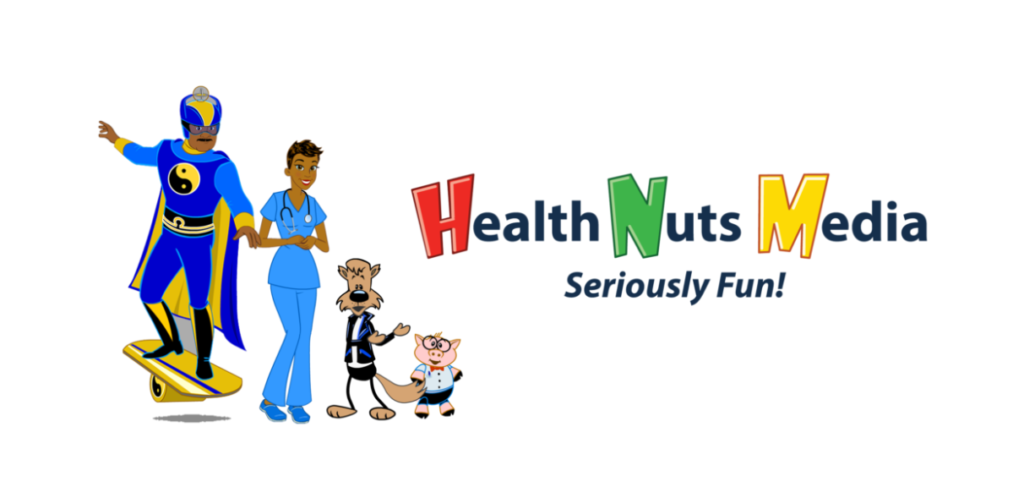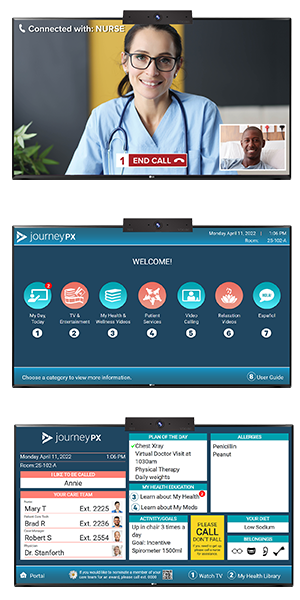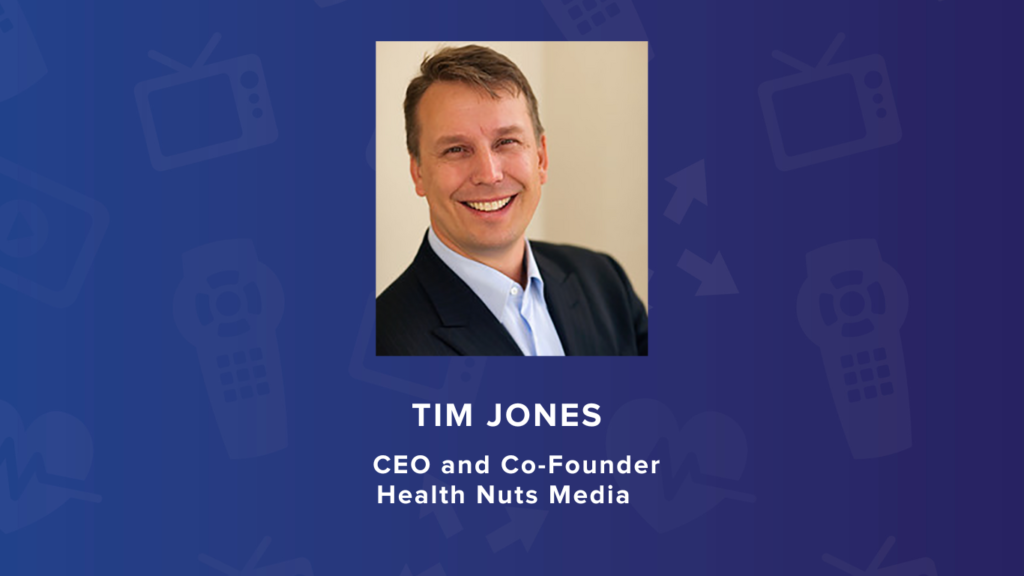Written with contributing author Linda Robinson, MSN, CPXP, RN, Vice President of Clinical Excellence, MDM Healthcare
Video has increasingly become a popular medium for education. The medium has proven to be an effective way to convey information and engage learners. In the healthcare industry, video education can be particularly useful for promoting health literacy. An article published in The Journal for Nurse Practitioners states, “Patient-education needs to be a central priority in every patient encounter. The use of technology can convey complicated ideas by pictures, video, and multimedia, which transcend the spoken and written word and provide opportunities to bridge the divide of limited health literacy.”
Animation is a powerful tool in health videos, particularly when it comes to conveying complex ideas and improving the clarity and effectiveness of health videos. Animators can create visual aids that help to clarify and simplify health information. It also is a form of engaging content that can hold the attention of viewers and enhance their learning experience. Recently, MDM Healthcare Vice President of Clinical Excellence Linda Robinson, MSN, CPXP, RN sat down with Tim Jones, Emmy award-winning animator, CEO and Co-Founder of Health Nuts Media.
He explained that the use of video content to promote health literacy goes as far back as World War II when the U.S. Department of Defense commissioned artists such as legendary director Frank Capra and writer Theodor Geisel, aka Dr. Seuss, to help them produce training videos for soldiers. “They decided to create these animated films to help these newly inducted soldiers understand the information that was going to help keep them alive. I find it interesting that in some way what I do today has been around for eighty or ninety years,” said Jones.
After a successful Hollywood career, including receiving an Emmy award, Jones became involved with animating content for the Starlight Foundation, who asked him to help produce animated videos for teens with cancer.

He explained that the impact these videos made was apparent after a young cancer survivor expressed that these videos helped her in her fight with the disease. Jones reflects on how powerful this moment was for his career. “I love animation, the storytelling, and the artistry but it was not until that moment that I realized the impact it had made. I thought it was for entertainment only and I really did not fully understand that it could be such an effective tool and make such a difference in people’s lives. So that is how I got started,” he said. In 2010, he co-founded Health Nuts Media, which is now healthcare’s leading producer of health-related animation.
Jones also explained that animation can be used to depict scenarios or processes that may be difficult to capture through live-action video. “Animation can create an authentic connection with the audience in a way no other medium can. In animation, we suspend our disbelief and buy into the animated world. When we use animation and humor to make a more poignant point it can be really effective,” he said.
He also discussed the use of animation and video to promote health literacy. He referenced case studies that support the fact that people are more likely to retain information obtained by watching a video as opposed to a pamphlet, or even verbal instruction. “Both short-term knowledge and long-term retention is improved when health knowledge is obtained from watching a video,” he said.

Animated videos allow for enhanced storytelling, which is another one of its unique benefits Jones noted. “We focus on is the storytelling and the message of why this is important. A lot of the successful patient education really is impactful on an emotional level,” he said.
Standout, impactful content is one of the reasons MDM Healthcare is proud to list Health Nuts Media as a content partner. MDM Healthcare’s innovative patient engagement platform, Journey PX, elevates the patient and care team experience through technology solutions. Solutions such as My Stay, which offers patients a substantial education library that covers an extensive list of medical conditions and medications. This resource, coupled with Journey PX’s integration with the EMR, provides hospital care teams with the ability to auto-assign education in an individualized manner in response to a patient’s unique set of needs.
Jones also touched on the fact that due to advances in technology, patients now can watch education after discharge, which is even more impactful when it comes to their retention.
Journey PX allows for video education that is assigned during the patient's stay to also be sent via text or email to the patient for viewing at home to reinforce learning. Journey PX can also embed individualized patient education in the patient’s portal for home viewing to aid in answering any questions the patient may have once they are home.
You can view more about Health Nuts Media, including some examples of their animation on their website.
Listen to the full podcast interview with Tim Jones below.

Video has increasingly become a popular medium for education. The medium has proven to be an effective way to convey information and engage learners. In the healthcare industry, video education can be particularly useful for promoting health literacy. An article published in The Journal for Nurse Practitioners states, “Patient-education needs to be a central priority in every patient encounter. The use of technology can convey complicated ideas by pictures, video, and multimedia, which transcend the spoken and written word and provide opportunities to bridge the divide of limited health literacy.”
Animation is a powerful tool in health videos, particularly when it comes to conveying complex ideas and improving the clarity and effectiveness of health videos. Animators can create visual aids that help to clarify and simplify health information. It also is a form of engaging content that can hold the attention of viewers and enhance their learning experience. Recently, MDM Healthcare Vice President of Clinical Excellence Linda Robinson, MSN, CPXP, RN sat down with Tim Jones, Emmy award-winning animator, CEO and Co-Founder of Health Nuts Media.
He explained that the use of video content to promote health literacy goes as far back as World War II when the U.S. Department of Defense commissioned artists such as legendary director Frank Capra and writer Theodor Geisel, aka Dr. Seuss, to help them produce training videos for soldiers. “They decided to create these animated films to help these newly inducted soldiers understand the information that was going to help keep them alive. I find it interesting that in some way what I do today has been around for eighty or ninety years,” said Jones.
After a successful Hollywood career, including receiving an Emmy award, Jones became involved with animating content for the Starlight Foundation, who asked him to help produce animated videos for teens with cancer.

He explained that the impact these videos made was apparent after a young cancer survivor expressed that these videos helped her in her fight with the disease. Jones reflects on how powerful this moment was for his career. “I love animation, the storytelling, and the artistry but it was not until that moment that I realized the impact it had made. I thought it was for entertainment only and I really did not fully understand that it could be such an effective tool and make such a difference in people’s lives. So that is how I got started,” he said. In 2010, he co-founded Health Nuts Media, which is now healthcare’s leading producer of health-related animation.
Jones also explained that animation can be used to depict scenarios or processes that may be difficult to capture through live-action video. “Animation can create an authentic connection with the audience in a way no other medium can. In animation, we suspend our disbelief and buy into the animated world. When we use animation and humor to make a more poignant point it can be really effective,” he said.
He also discussed the use of animation and video to promote health literacy. He referenced case studies that support the fact that people are more likely to retain information obtained by watching a video as opposed to a pamphlet, or even verbal instruction. “Both short-term knowledge and long-term retention is improved when health knowledge is obtained from watching a video,” he said.

Animated videos allow for enhanced storytelling, which is another one of its unique benefits Jones noted. “We focus on is the storytelling and the message of why this is important. A lot of the successful patient education really is impactful on an emotional level,” he said.
Standout, impactful content is one of the reasons MDM Healthcare is proud to list Health Nuts Media as a content partner. MDM Healthcare’s innovative patient engagement platform, Journey PX, elevates the patient and care team experience through technology solutions. Solutions such as My Stay, which offers patients a substantial education library that covers an extensive list of medical conditions and medications. This resource, coupled with Journey PX’s integration with the EMR, provides hospital care teams with the ability to auto-assign education in an individualized manner in response to a patient’s unique set of needs.
Jones also touched on the fact that due to advances in technology, patients now can watch education after discharge, which is even more impactful when it comes to their retention.
Journey PX allows for video education that is assigned during the patient's stay to also be sent via text or email to the patient for viewing at home to reinforce learning. Journey PX can also embed individualized patient education in the patient’s portal for home viewing to aid in answering any questions the patient may have once they are home.
You can view more about Health Nuts Media, including some examples of their animation on their website.
Listen to the full podcast interview with Tim Jones below.



